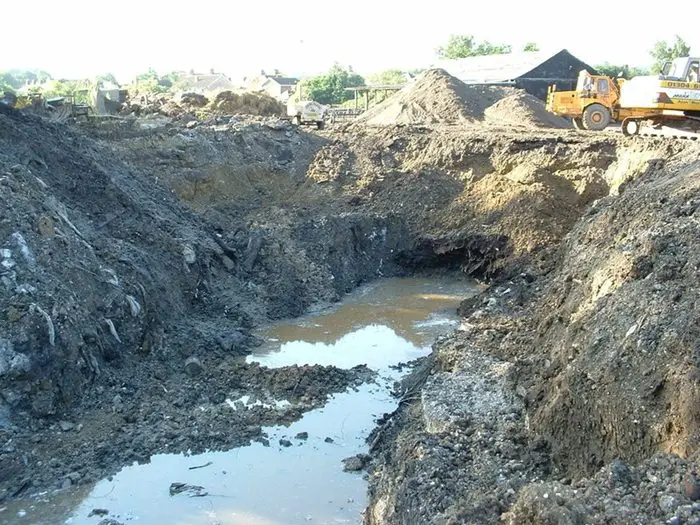Zimbabwe water woes continue to deepen further with a number of laboratory reports now showing that several boreholes are pumping contaminated water worsening the situation.
Also read:Zimbabwe to begin rehabilitation of Water Supply Systems
The danger is expected to be put into perspective as it is very difficult to protect shallow wells. The Harare City Council has refused to put proper rationing scheme in place that would allow all Zimbabweans to access treated water.
This leaves the residents with no option but to use the unsafe water from boreholes and wells.
The tests done were meant to end the assumption that all borehole water is safe for drinking and cooking without being treated or boiled.
Practitioners in the health domain are urging the residents to boil all water first or treat it as there exists quite a number of cheap and affordable methods of treating water. The main danger is however that some of the residents are over treating the water hence are requested to follow directions.
Institutions like schools and hospitals that use borehole water should conduct the tests immediately so that they can take precaution if they are found to be having contaminated water. The sources of contamination are all related to human activities such as people who keep dogs and chicken.
A borehole that is also not properly sealed from the surface leaves room for contamination by any sort of organic material that may be washed around. There might also be underground contamination such as leaking sewers. No one should assume that borehole water is 100% clean and safe as it is easier to take precautions than treat epidemics.
Zimbabwe water woes comes just weeks later after the country experienced over 500 deaths due to poor water sanitation. Given the recent water crisis facing most African countries, it is important to take precaution to reduce the risks to prevent far worse water problems.

